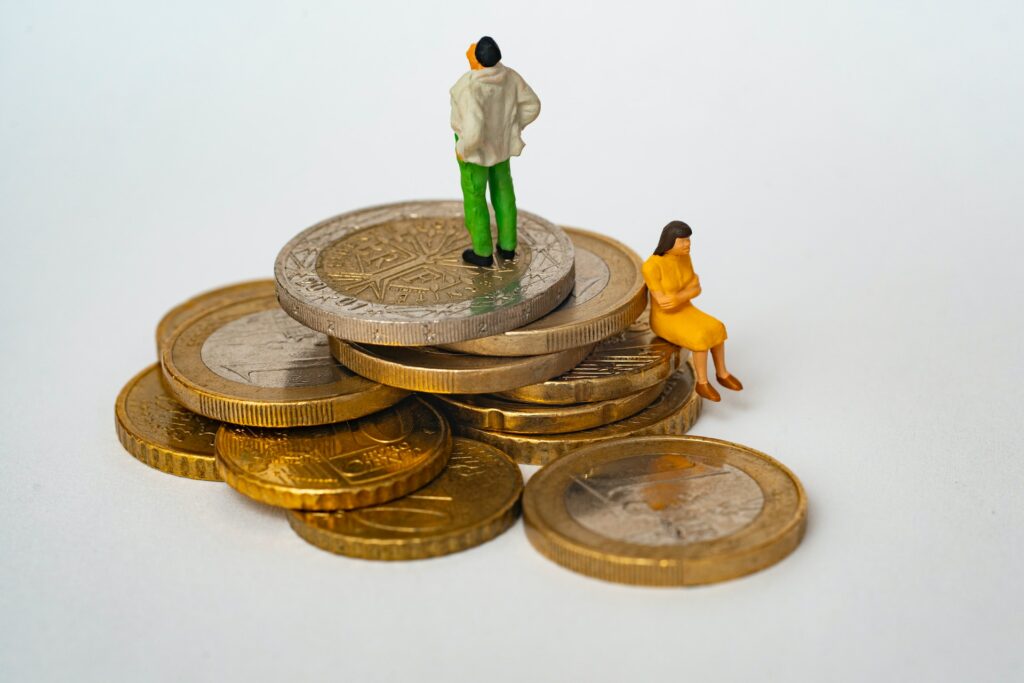


27 October, 2023
On Tuesday, in a resounding display of solidarity, Iceland’s Prime Minister, Katrín Jakobsdóttir, joined thousands of women and non-binary people in a nationwide strike (a “kvennafri” or women’s day off) to protest the gender pay gap.
Although Iceland has been lauded as the world’s best country for gender equality for 14 consecutive years by the World Economic Forum, with women making up 47% of the seats in its parliament and 46% of the boards of Icelandic companies, the recent strike shed light on the persisting gender pay gap. Women in some sectors, such as the financial sector, are still earning up to 30% less than men.
This strike harked back to a pivotal moment in Icelandic history in 1975, when 90% of female workers staged a strike to highlight their economic importance. Factories, shops and schools closed, and men took their children to work with them. This protest catalysed change, resulting in equal pay legislation the following year. Furthermore, it paved the way for Vigdís Finnbogadóttir to become the world’s first democratically elected female head of state in 1980. By echoing the spirit of the 1975 strike, women across Iceland have sent out a powerful message to the world: the fight against gender disparity continues.
From a business perspective, addressing the gender pay gap is not just a moral imperative, it is also a strategic necessity. Companies in the UK – where eight out of ten firms still pay their male employees more than women – with 250 or more employees are now mandated to publish their gender pay gap figures. Transparent and equitable pay systems are integral to an organisation’s values, sending a positive message about fairness and equality. Fair pay policies also enhance efficiency and productivity, attract top talent, and foster a more engaged and loyal workforce.
Iceland shows that even one of the most equal societies in the world has more work to close the gender pay gap. Here in the UK, there is much that we can learn from Iceland.
By Charlotte Pounder